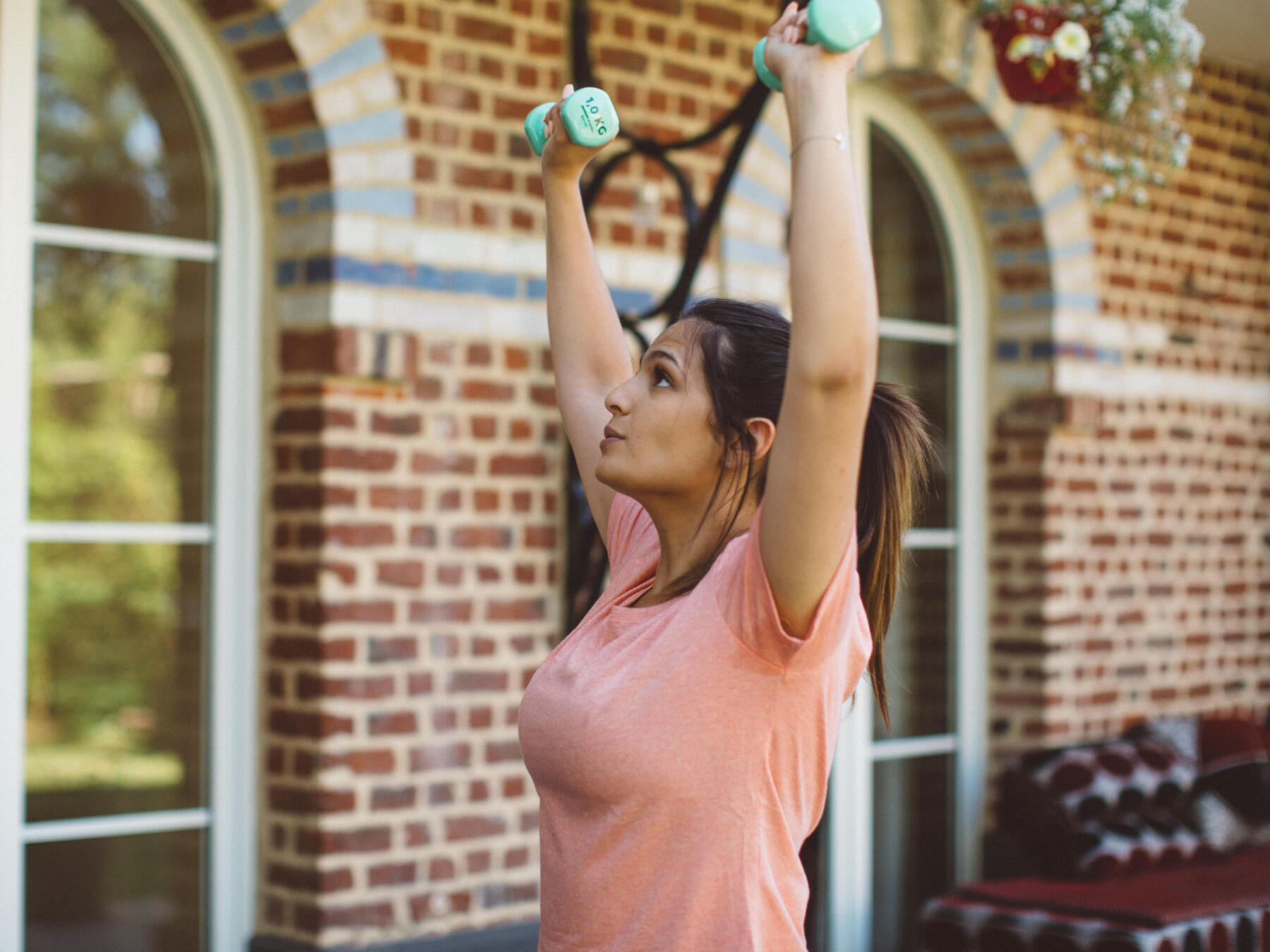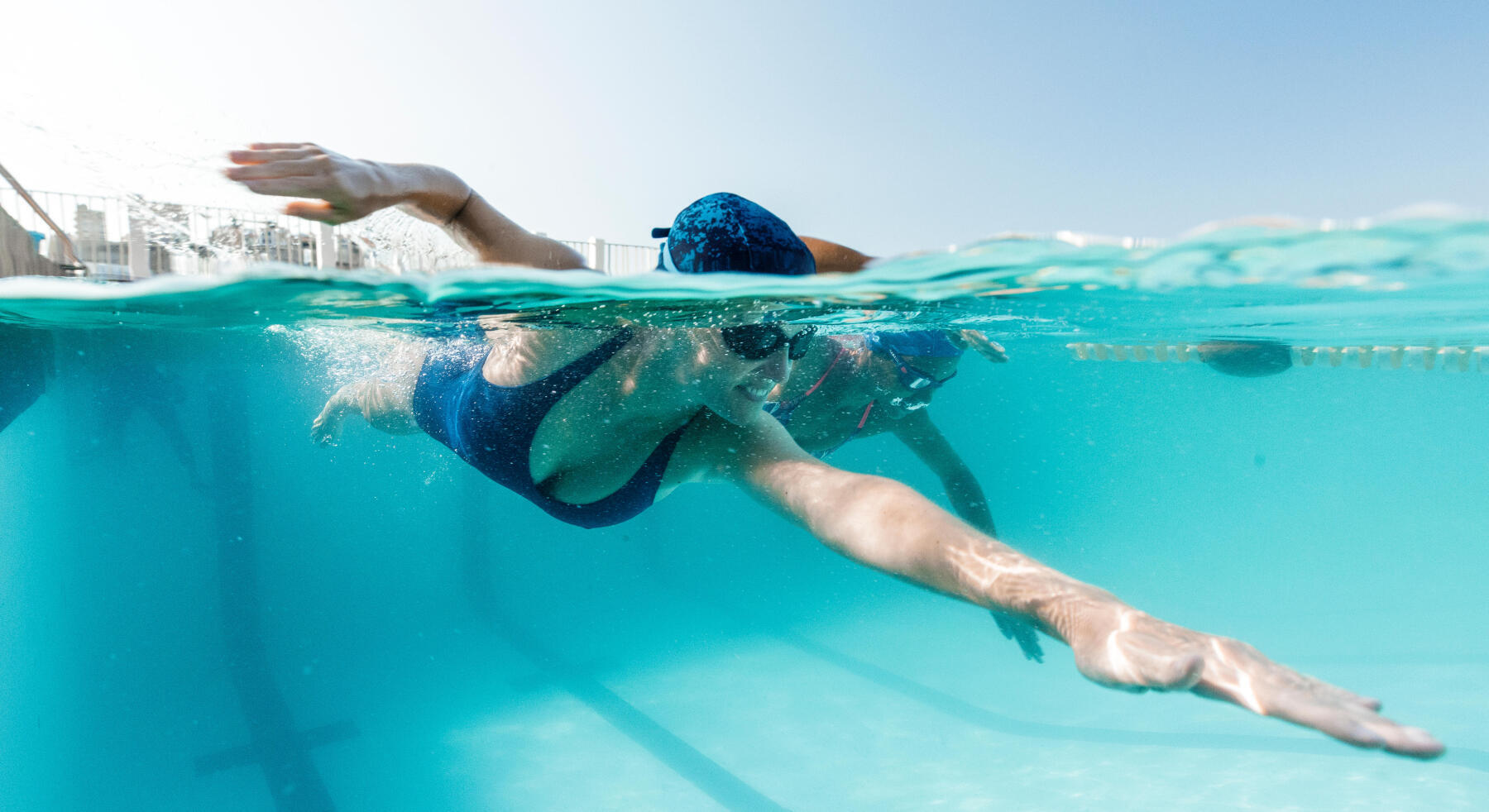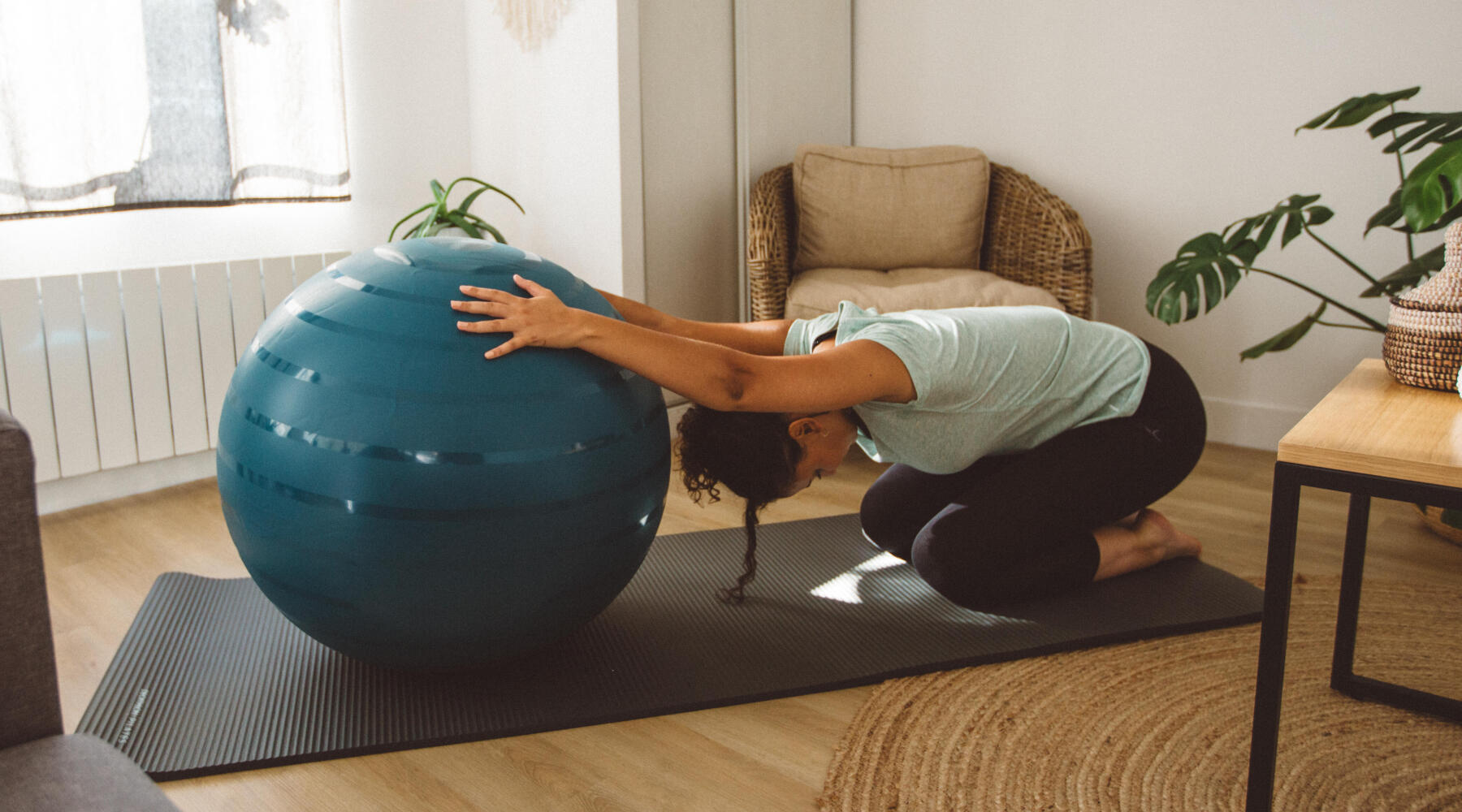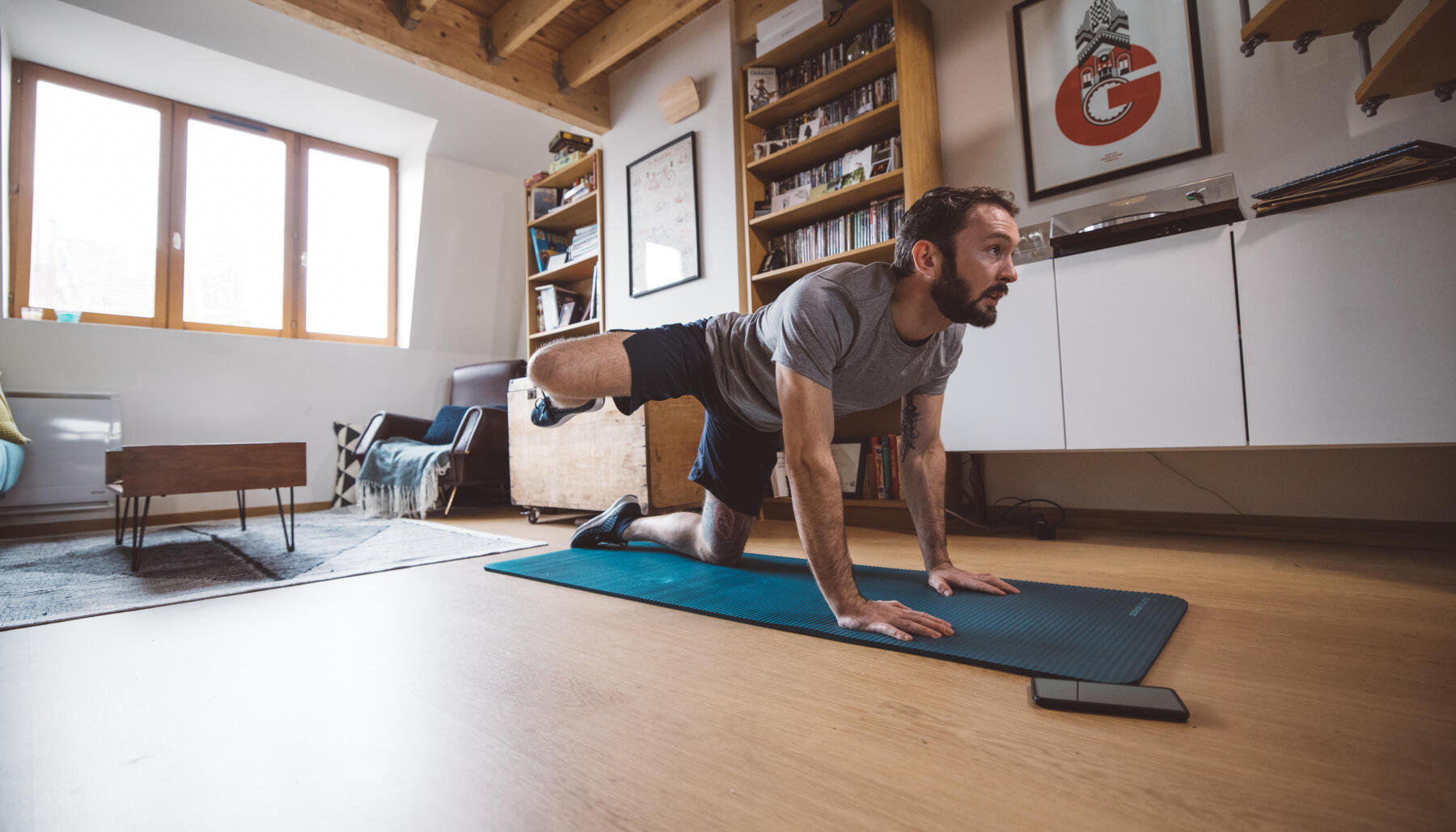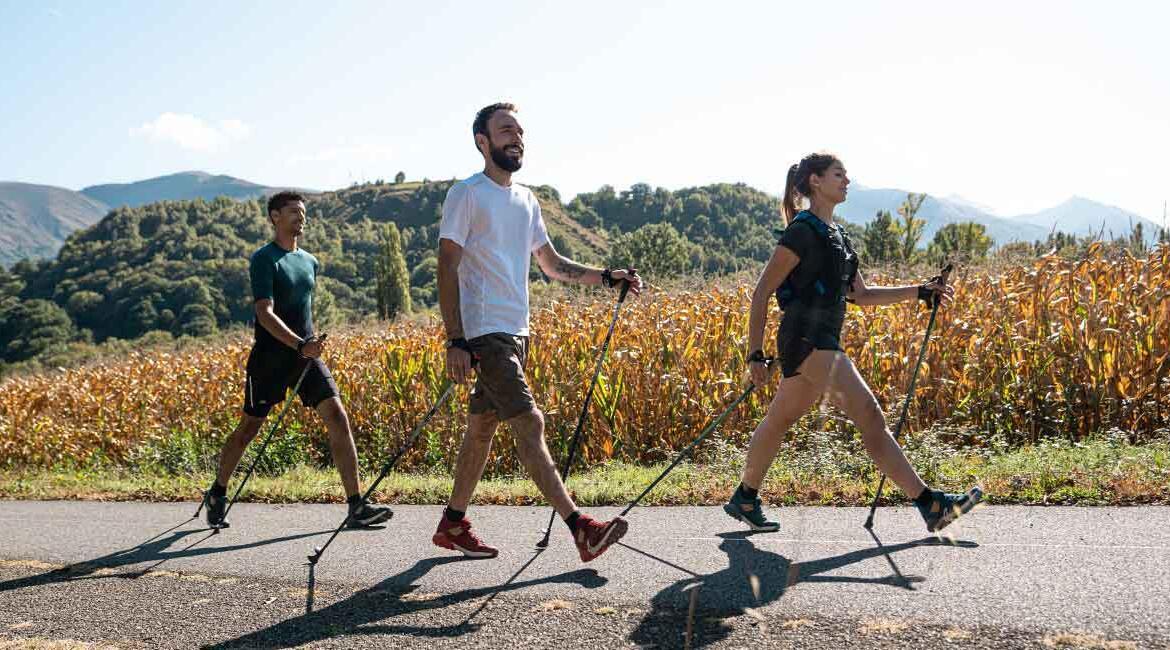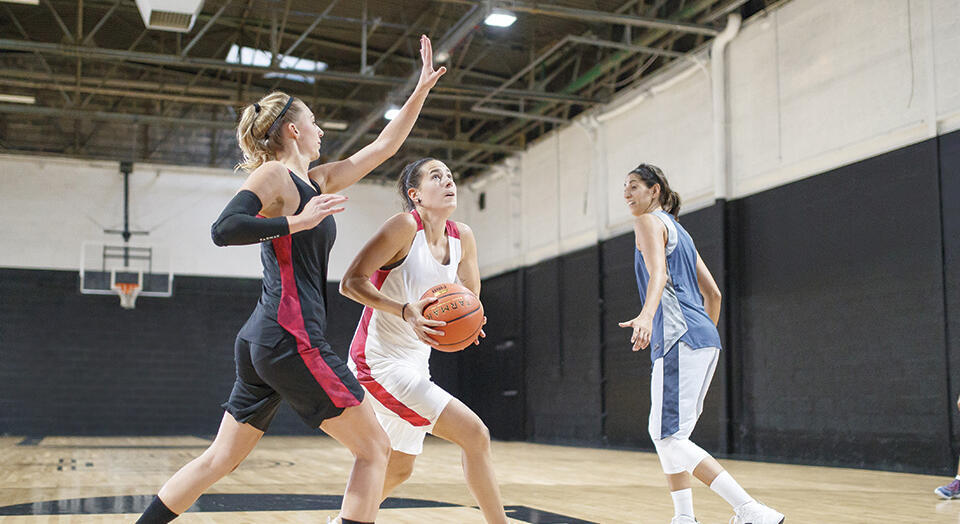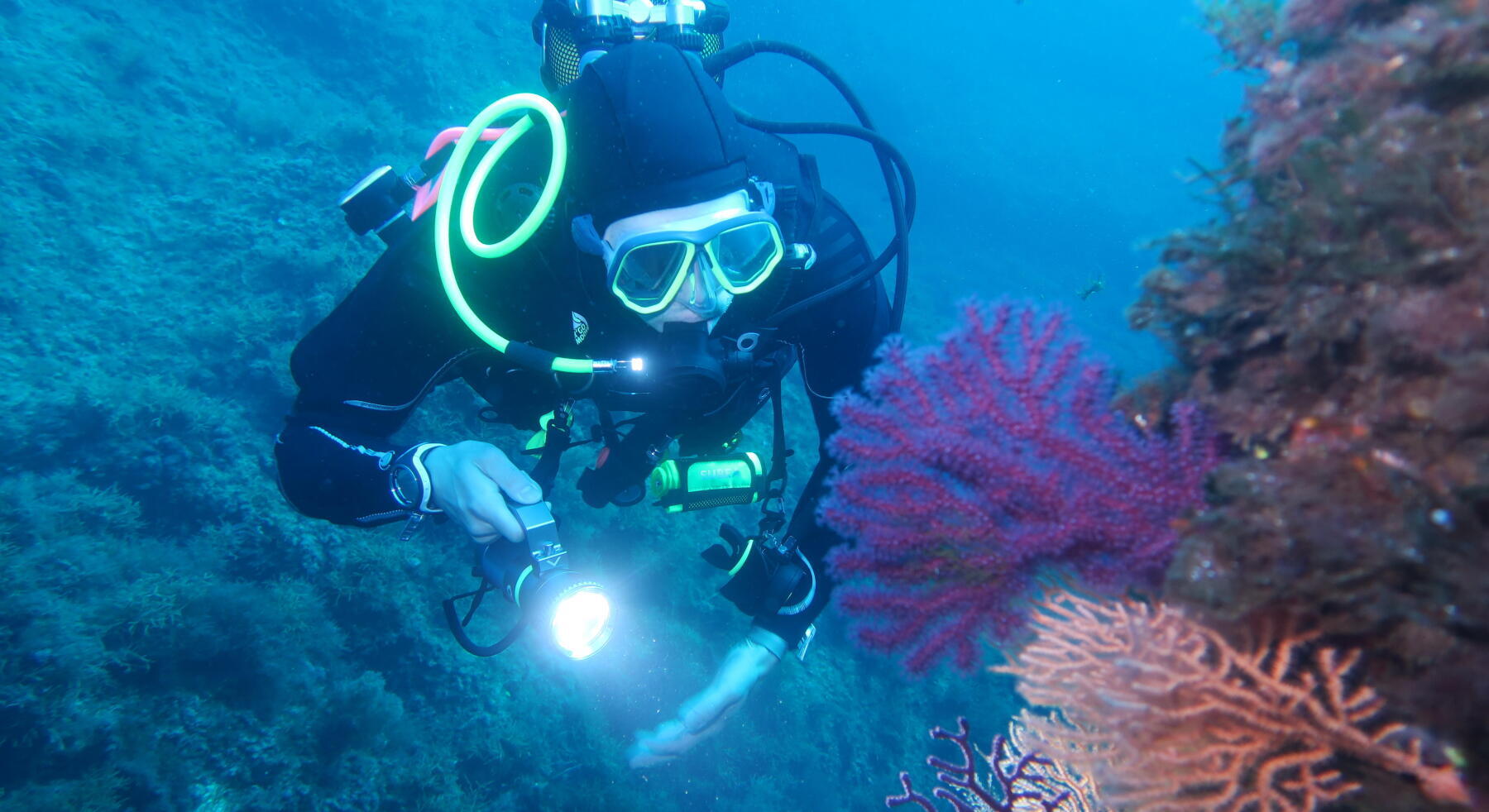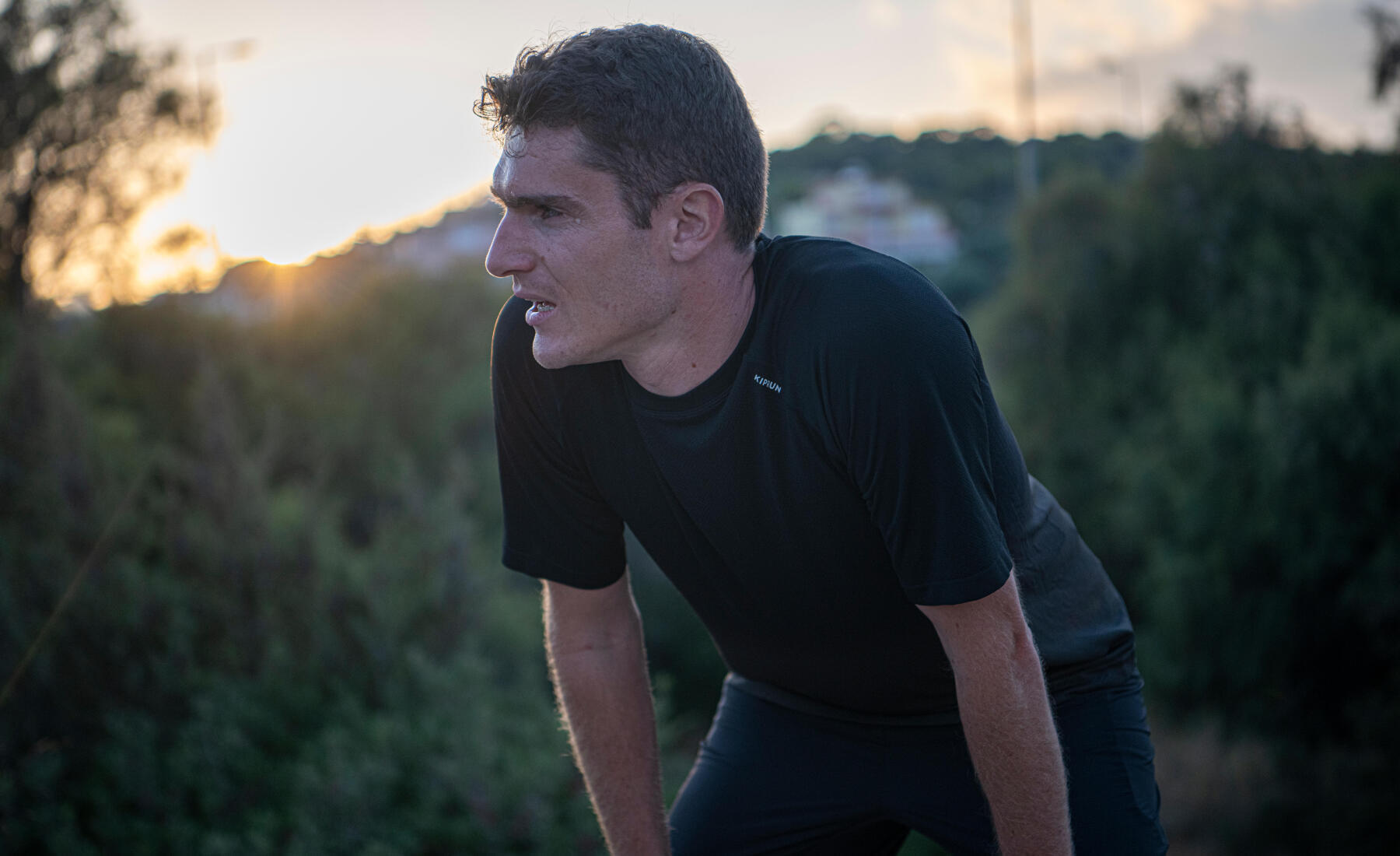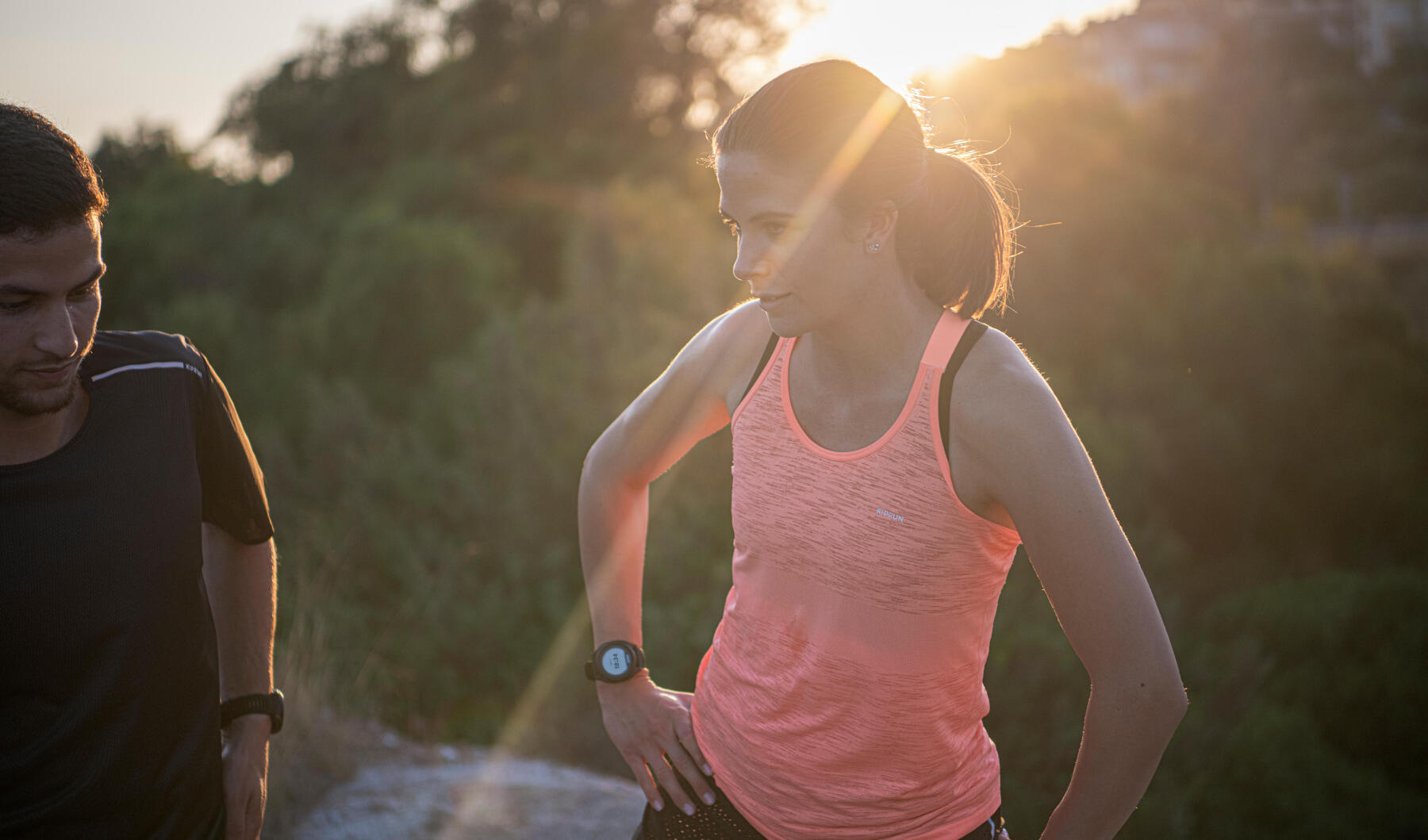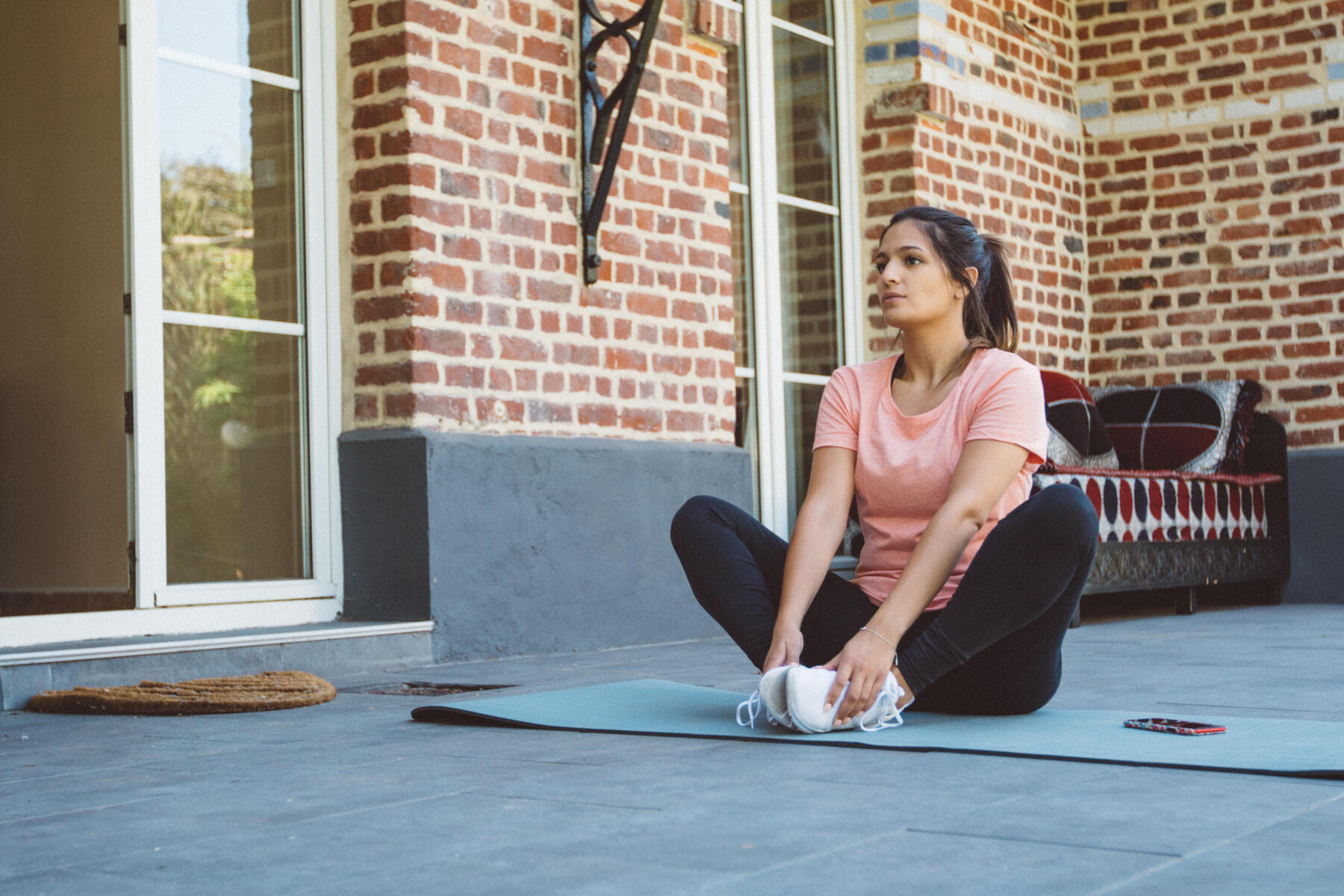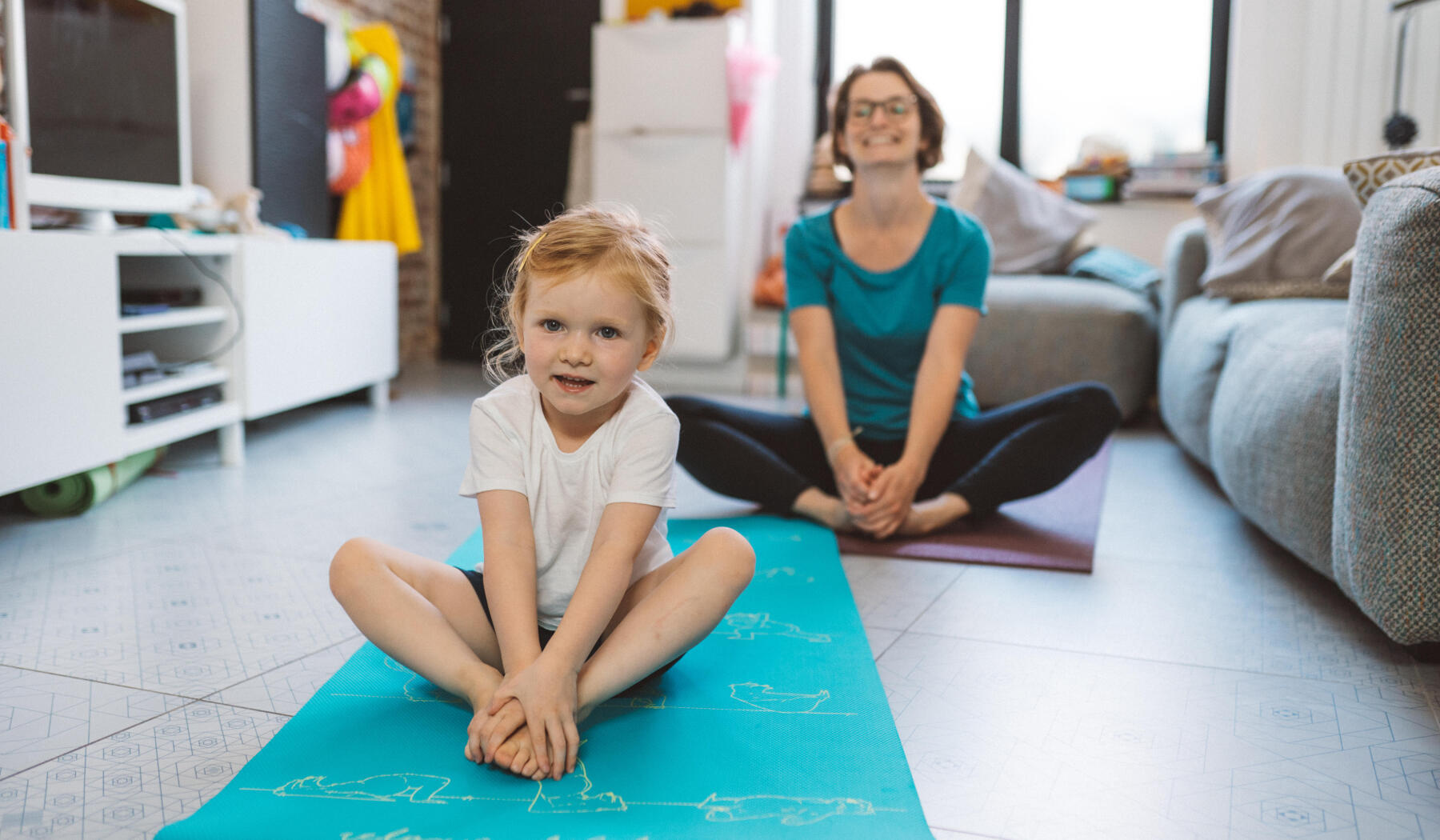"Does age affect asthma and exercise?"
Dr O: "As you get older, your lung capacity tends to decrease. Your respiratory organs naturally age. But growing older doesn't mean your asthma becomes more severe. On the contrary, you just need to adapt your exercise to your age.
For example, you might want to take up Nordic walking or Pilates, which are very accessible and keep you active without causing any harm.
Qi gong is also a great sport as it's low-impact, trains your breathing and strengthens your muscles.
Cycling, too, is becoming more and more popular thanks to electric bikes, which are great as they keep you exercising for longer! It's important to encourage people to do sport even if they need a helping hand, because it's better to do an assisted activity than to not do anything at all."

